In a rapidly evolving world, New Zealand stands at the forefront of sustainable transportation innovation. As nations grapple with climate change and urban congestion, the Land of the Long White Cloud is charting a course that surprises even the most seasoned sustainability advocates. The country's commitment to reducing carbon emissions while enhancing urban mobility is not only ambitious but also groundbreaking. This article delves into the recent developments in New Zealand's sustainable transportation plans, offering an authoritative and insightful analysis that will engage sustainability advocates and curious minds alike.
Pros & Cons of New Zealand’s Sustainable Transportation Initiatives
✅ Pros
- Environmental Impact Reduction: The shift towards electric vehicles (EVs) and public transport decreases carbon emissions significantly, aligning with New Zealand's goal to become carbon neutral by 2050.
- Economic Benefits: Transitioning to sustainable transport can boost local economies by creating green jobs and reducing dependency on imported fossil fuels.
- Improved Public Health: Reduced air pollution from fewer petrol and diesel vehicles leads to better public health outcomes, decreasing healthcare costs.
- Innovation Leadership: By investing in sustainable transport technologies, New Zealand positions itself as a leader in green innovation, attracting global attention and investment.
❌ Cons
- High Initial Costs: The transition to sustainable transport requires substantial upfront investment in infrastructure and technology.
- Infrastructure Challenges: Developing the necessary infrastructure, such as EV charging stations, across rural and urban areas can be logistically challenging.
- Behavioral Resistance: Changing public transportation habits and encouraging adoption of new technologies may face resistance from the population accustomed to traditional modes.
- Technological Limitations: Current EV range and battery limitations might deter widespread adoption in rural or remote areas.
Case Study: Wellington’s Electric Bus Fleet Transformation
Problem: Wellington, the capital city of New Zealand, faced increasing air pollution levels and congestion due to a reliance on fossil fuel-powered public transportation. The city needed a comprehensive solution to align with national emission reduction targets.
Action: In 2020, Wellington launched a project to replace its diesel bus fleet with electric buses. The initiative aimed to transition 50% of the fleet by 2024. Strategic partnerships with local technology firms and international EV manufacturers facilitated this transition.
Result: By 2023, Wellington reported remarkable improvements:
- Emission Reduction: Greenhouse gas emissions from public transport dropped by 30%.
- Cost Savings: Operational costs decreased by 25% due to reduced fuel and maintenance expenses.
- Public Satisfaction: Surveys indicated a 40% increase in public transport user satisfaction, attributed to quieter and more reliable services.
Takeaway: Wellington's successful implementation of electric buses exemplifies the potential of sustainable transportation solutions in urban settings. Other New Zealand cities can replicate this model to achieve similar environmental and economic benefits.
Debunking Common Myths about Sustainable Transportation in New Zealand
Myth: "Electric vehicles are only viable in urban areas." Reality: Recent advancements in battery technology extend EV range, making them suitable for rural use. Initiatives by the New Zealand government to expand charging infrastructure further support this transition.
Myth: "Sustainable transport solutions are too expensive for small towns." Reality: Government grants and subsidies make sustainable solutions financially accessible for small communities, fostering widespread adoption across the country.
Myth: "Public transport investments don't yield immediate benefits." Reality: Studies show that cities investing in sustainable transport see immediate returns in reduced traffic congestion and improved air quality.
The Future of Sustainable Transportation in New Zealand
By 2030, New Zealand aims to have at least 40% of its vehicle fleet powered by renewable energy. This goal aligns with global trends, as countries worldwide recognize the necessity of sustainable transport in combating climate change. According to a 2022 report by Stats NZ, over 60% of Kiwis support transitioning to greener transport options, reflecting a national commitment to sustainability.
In the coming years, the integration of autonomous vehicles, enhanced public transport networks, and advanced EV technologies will redefine New Zealand's transportation landscape. This evolution promises not only environmental benefits but also economic opportunities, positioning New Zealand as a global leader in sustainable innovation.
Final Takeaways & Call to Action
- 💡 Innovation Opportunity: Embrace sustainable transport solutions to drive economic growth and reduce emissions.
- 🔥 Actionable Insight: Support local policies and initiatives that promote green transportation.
- 📌 Challenge: Are you ready to be part of New Zealand's sustainable transport revolution? Share your thoughts below!
New Zealand's sustainable transportation plans are more than just a vision—they are a tangible pathway to a greener, more prosperous future. By embracing these developments, Kiwis can contribute to a cleaner environment and a robust economy. Join the conversation and share this article with your network to spread awareness and inspire action!
People Also Ask
How does sustainable transportation impact businesses in New Zealand? Businesses leveraging sustainable transportation report increased efficiency and reduced operational costs, enhancing their competitive edge and sustainability profile.
What are the biggest misconceptions about sustainable transportation? A common myth is that EVs are only viable in cities, but advancements in technology now make them feasible for rural areas as well.
How can New Zealand achieve its sustainable transportation goals? Through strategic investments in infrastructure, government incentives, and public-private partnerships, New Zealand can accelerate its transition to sustainable transport.
Related Search Queries
- Sustainable transportation initiatives in New Zealand
- Electric vehicles in New Zealand
- New Zealand public transport policies
- Future of transportation in New Zealand
- Green transportation solutions NZ
- Environmental impact of transportation in New Zealand
- Government incentives for electric vehicles in NZ
- Urban mobility in New Zealand
- NZ carbon reduction strategies
- Transport innovation in New Zealand







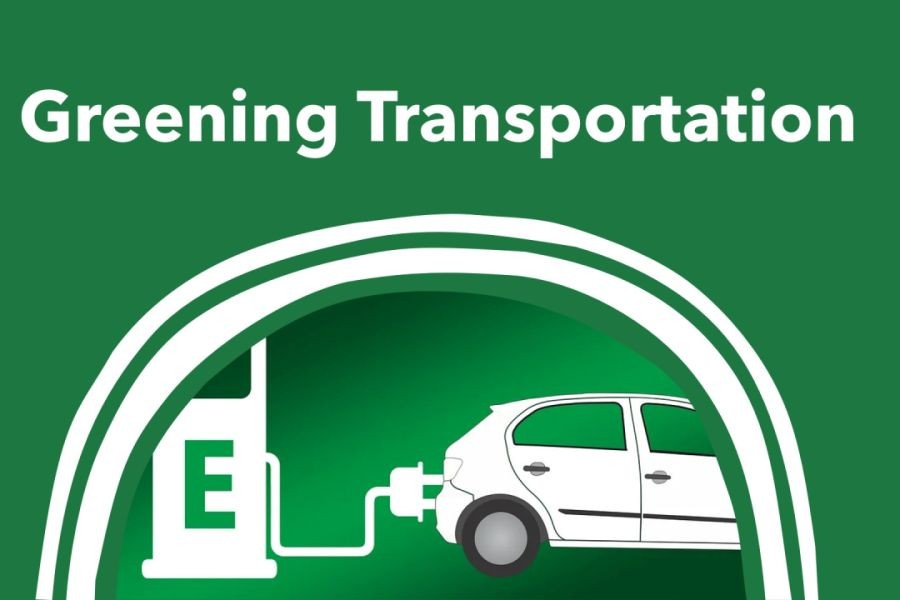

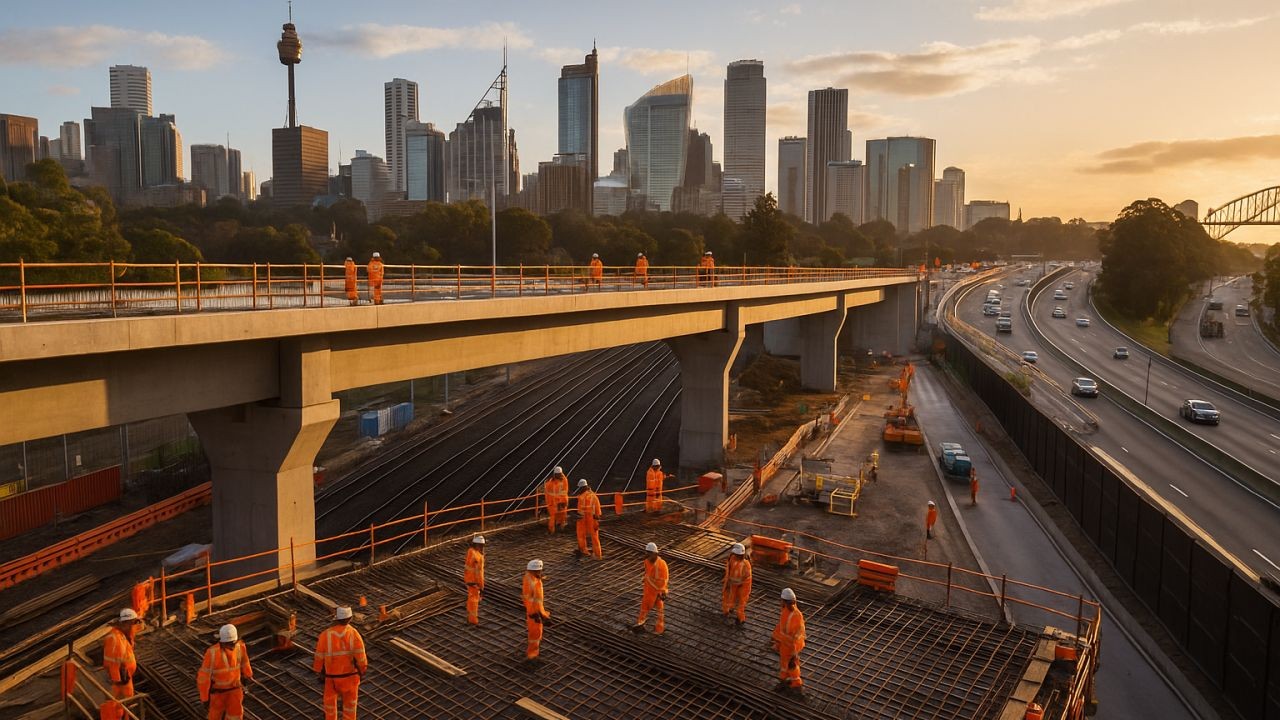


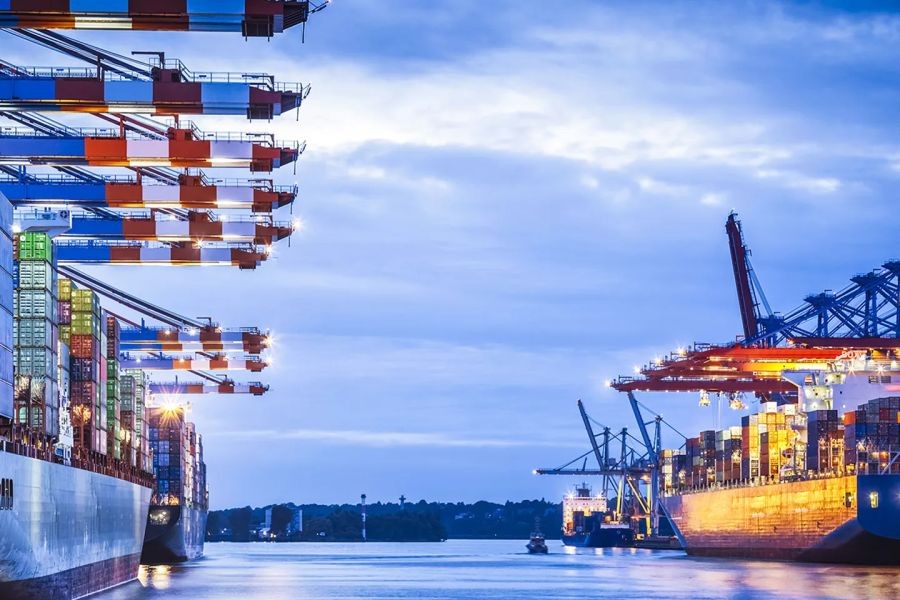

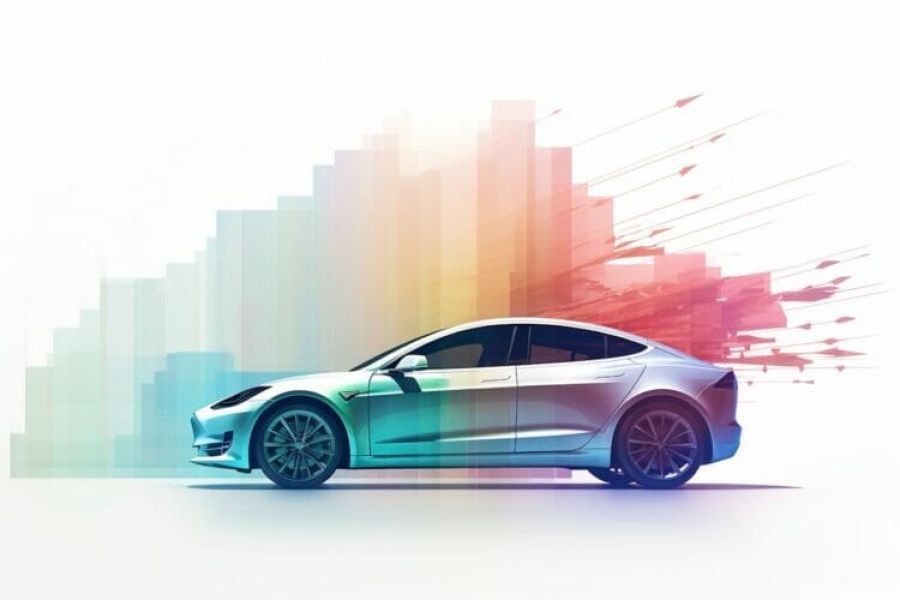





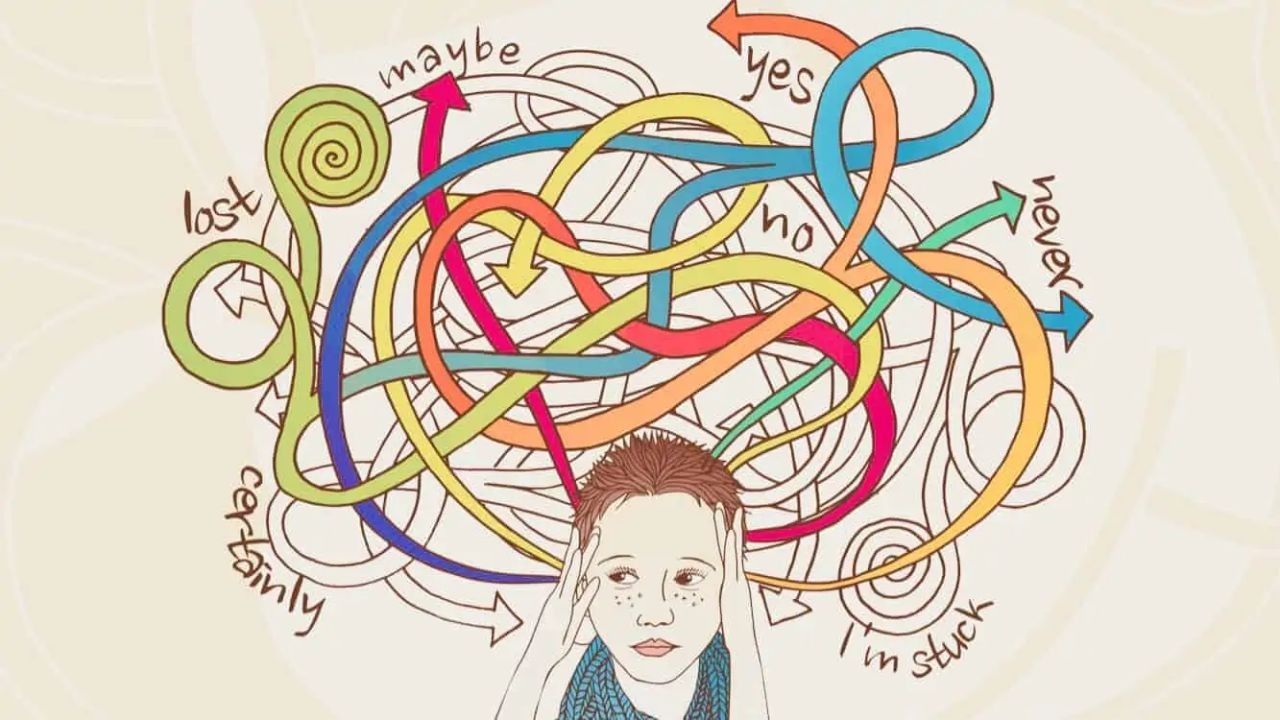











Sam Nurse
9 months ago